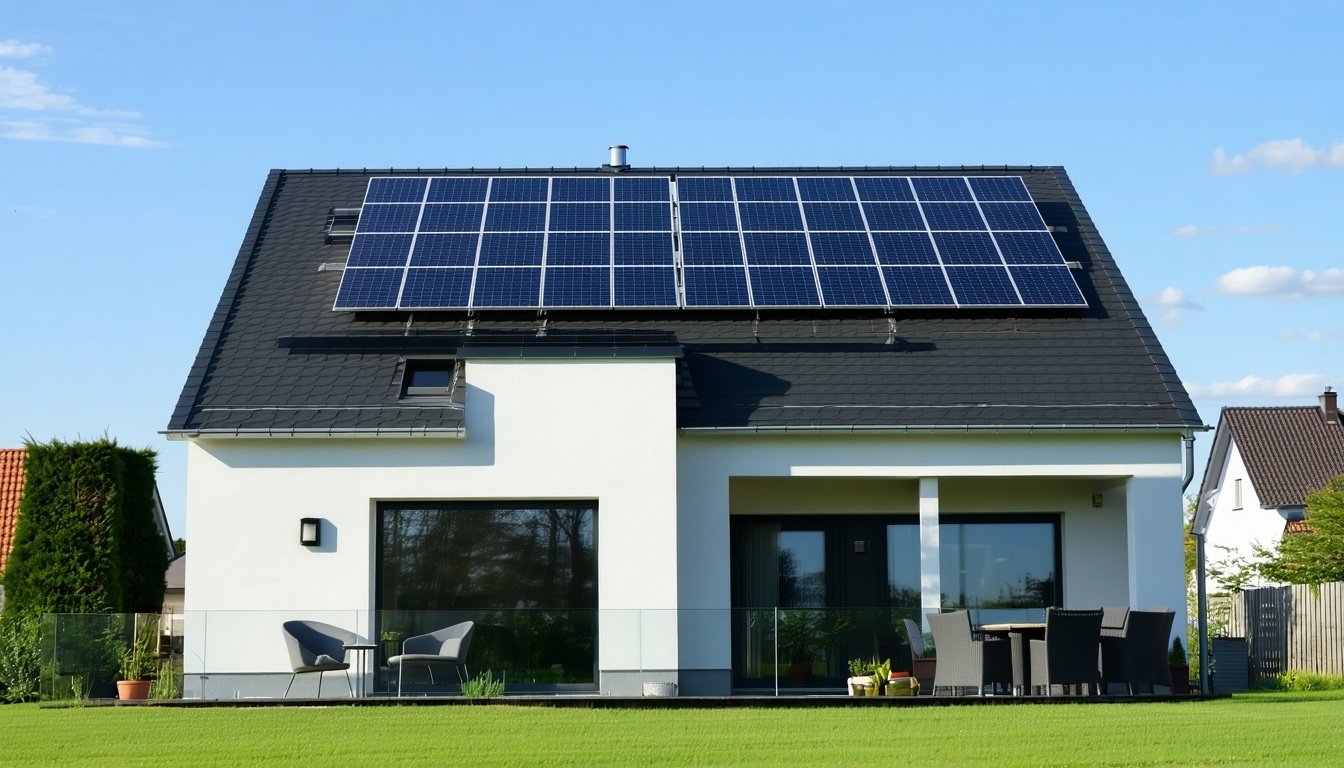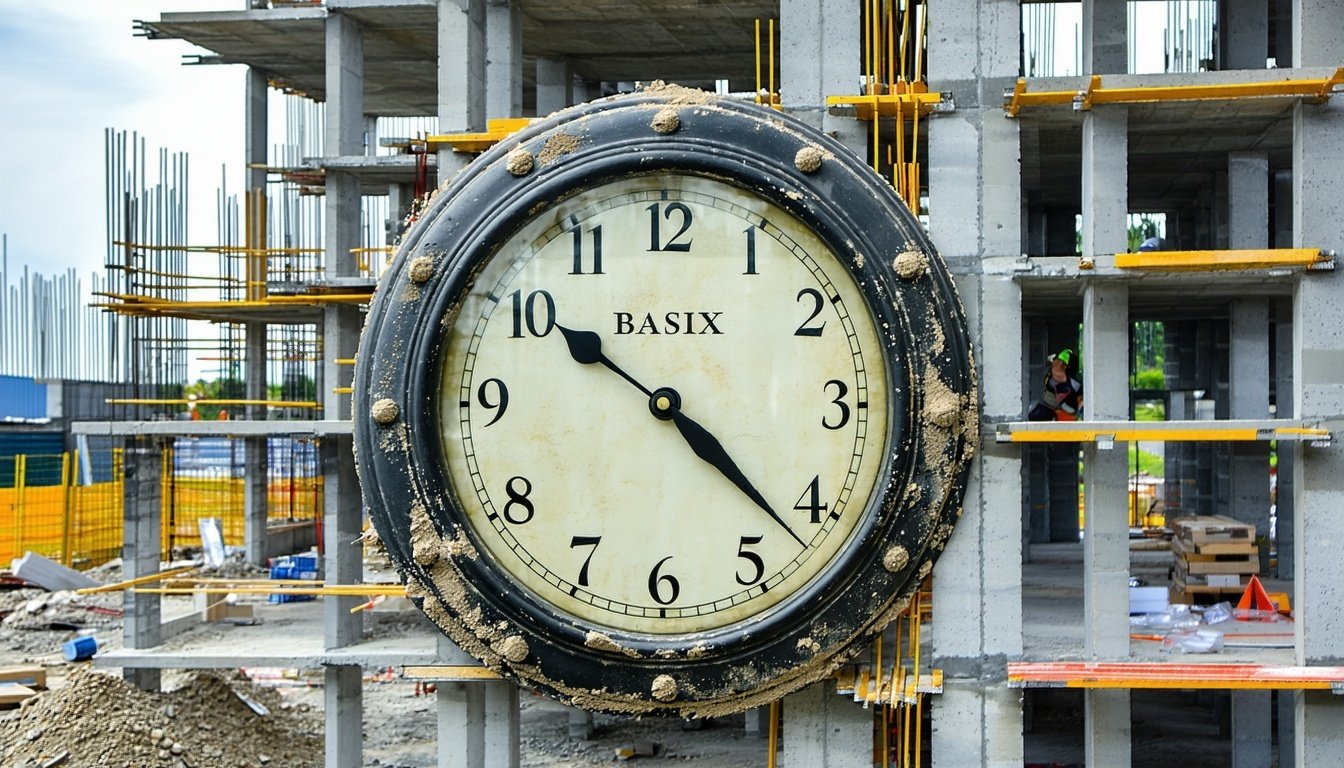Discover the essentials of a BASIX report and how it ensures sustainable living for NSW homes.
What information is assessed in a BASIX report?
A BASIX (Building Sustainability Index) report is mandatory for all new residential developments and major renovations in New South Wales. It assesses three key areas: water usage, energy consumption, and thermal comfort. The aim is to ensure that homes are designed to use less potable water, produce fewer greenhouse gas emissions and be more comfortable to live in.
The report evaluates numerous elements including the type and number of plumbing fixtures, the presence of rainwater tanks, the type of heating, cooling, and hot water systems, and the materials used in construction. Each element is scrutinised to ensure compliance with the sustainability targets set by the NSW government.
Understanding your water, energy, and thermal performance targets
Water usage targets focus on reducing the amount of potable water consumed. This involves assessing the efficiency of fixtures such as taps, toilets and shower heads, as well as the incorporation of water-saving devices like rainwater tanks and greywater systems.
Energy consumption targets are designed to lower the greenhouse gas emissions of the building. This includes evaluating the efficiency of heating, cooling, and lighting systems, as well as the potential for incorporating renewable energy sources like solar panels.
Thermal comfort targets ensure that the building maintains a comfortable temperature range throughout the year with minimal reliance on artificial heating and cooling. This involves assessing the building's orientation, insulation, glazing, and shading.
How your design choices impact your BASIX scores
Every design choice you make can impact your BASIX scores. For example, choosing energy-efficient appliances and fixtures can significantly boost your energy and water scores. Similarly, using high-quality insulation and strategically placed glazing can improve your thermal comfort score.
A BASIX assessor will input all these details into a specialised software that calculates scores for each category. The software considers local climate data, the size and layout of the home, and the materials used in construction. By optimising these elements, you can achieve higher BASIX scores, which not only comply with regulations but also result in a more sustainable and comfortable home.
What does a BASIX report look like?
A BASIX report is a detailed document that outlines the sustainability measures incorporated into your building design. It includes a summary of your water, energy, and thermal comfort scores, along with a list of the specific features that contribute to these scores.
The report also provides recommendations for further improvements to meet or exceed the required targets. Additionally, it includes compliance information to ensure that the design adheres to all relevant regulations and standards.
What happens after your BASIX report is completed?
Once your BASIX report is completed, it must be submitted as part of your development application to the local council. The council will review the report to ensure that it meets all regulatory requirements.
After approval, it is crucial to adhere to the specifications outlined in the BASIX report during the construction phase. Any deviations might require a reassessment and could potentially delay your project. Upon completion, a final inspection will be conducted to verify that all sustainability measures have been implemented as per the BASIX report.







